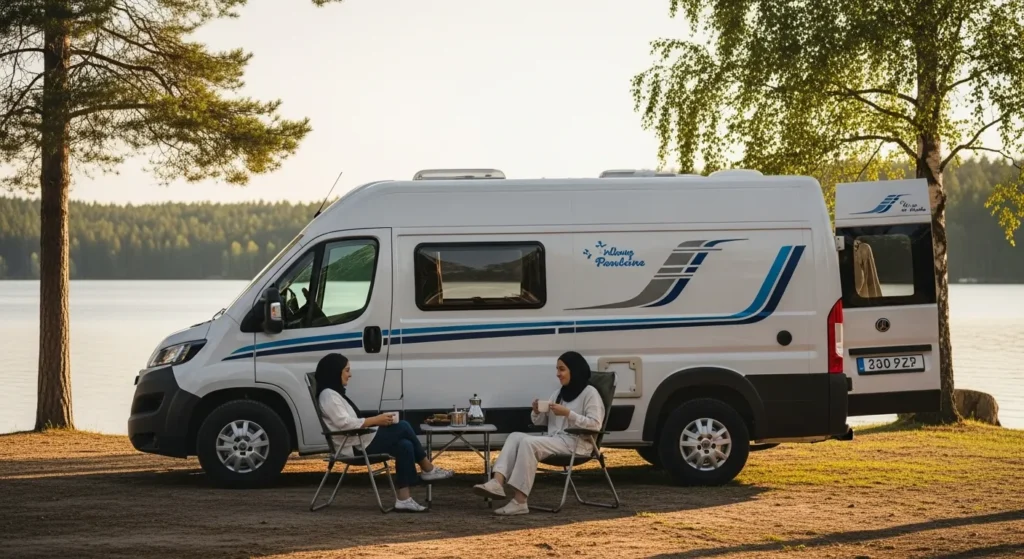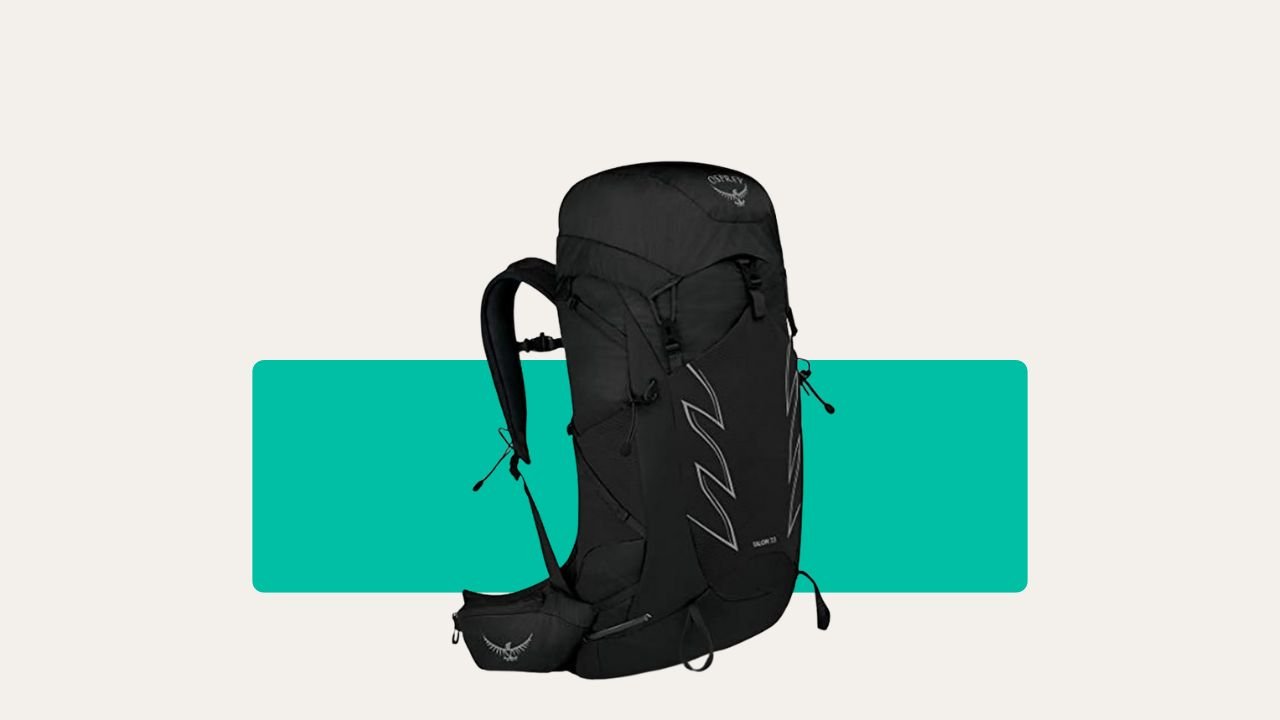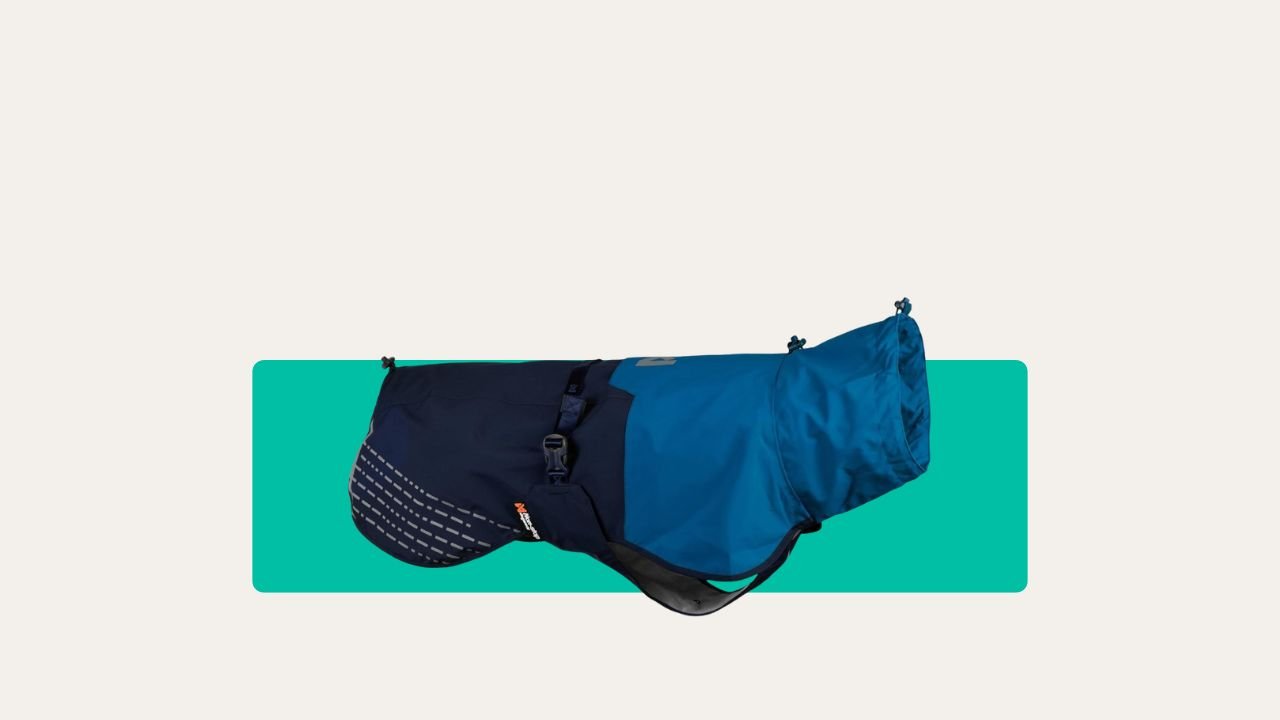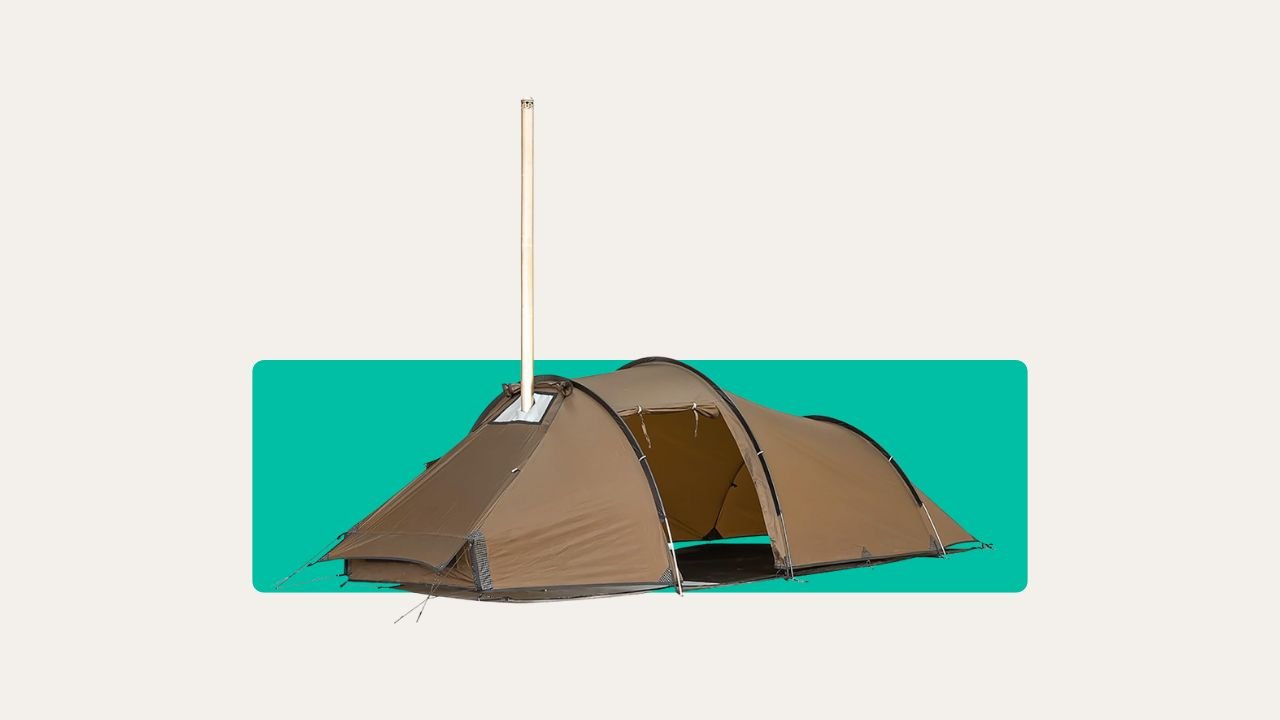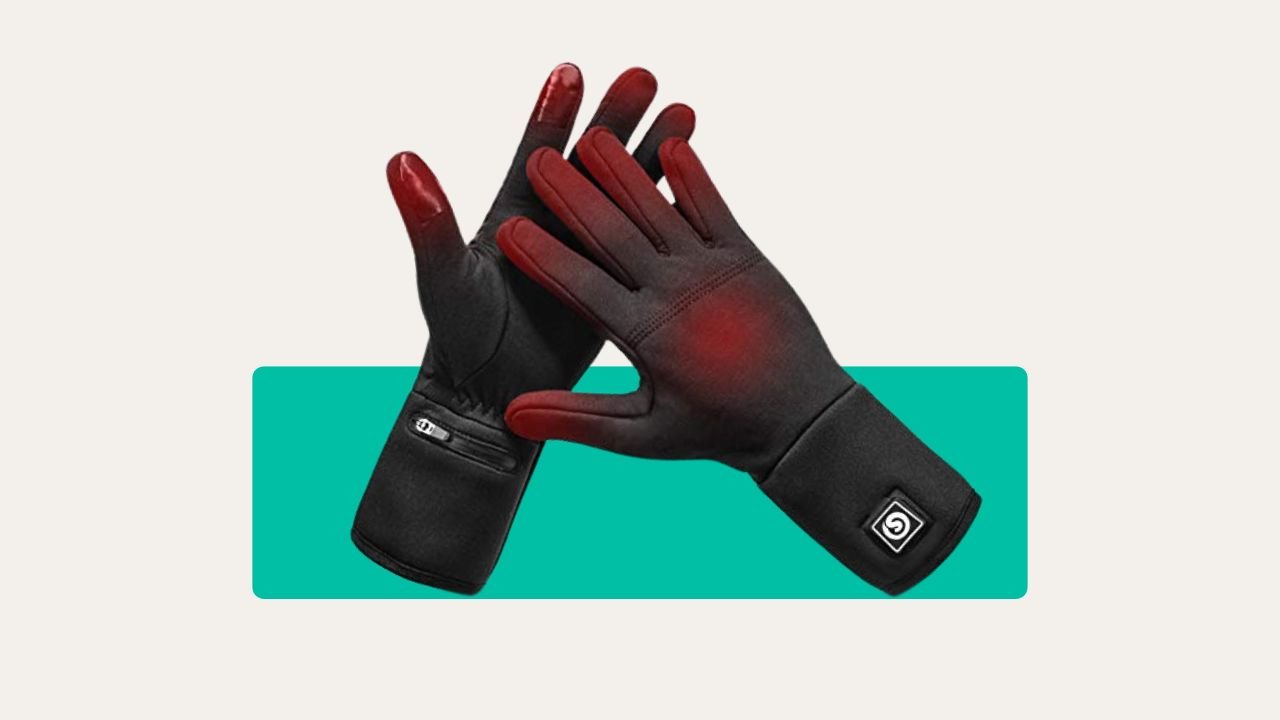Let’s bust a myth straight away: you do not need to splash out on posh hotels or pack your holiday around train times for a great adventure. Most people think campervan trips are just for the die-hards or retired folk with too much time. I’m here to tell you, that’s nonsense. If you like your trips cheaper, easier, and much more fun (with a good brew when you fancy), you’ll want to read on.
Cost Savings Compared to Conventional Travel
If you think staying in a campervan is pricier than hotels—or that you need to be rich to rent one—think again. That’s a common mistake people make, right up until they see the real numbers.
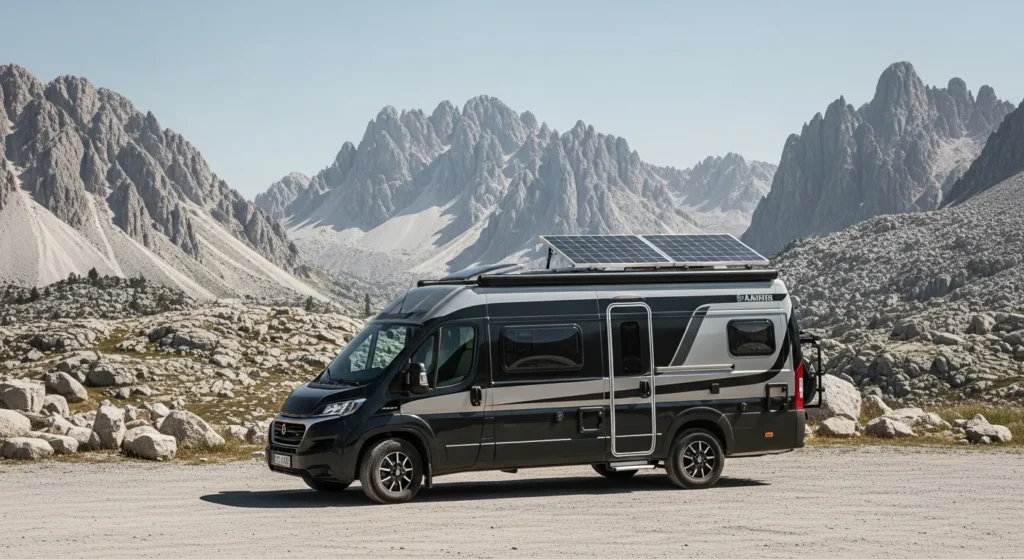
Instead of blowing money on nightly rates (£100-£200 isn’t unusual for hotels), you’re paying for your rolling bed outright. Campervan hire can cost £65-£120 per day, depending on season and size. Most campsites in the UK charge £15-£35 a night for a pitch, some with electric hook-up included. Compare that to London hotel prices next time you’re planning a weekend away and you’ll see the difference.
And then there’s food. You’ll save a small fortune by cooking your own meals—trust me, the difference adds up by day three. Even just making your own tea and bacon butty in the morning instead of paying for breakfast makes a big dent.
Take my last trip to Snowdonia. Four nights for two people, with site fees and food, cost us under £200 all in—less than what we would’ve paid for one night in a mid-range B&B up there plus a few meals out.
Simple Logistics: Getting All-in-One Transport and Accommodation
One of the biggest eye-openers for new campervan travellers? How much hassle you avoid. All your stuff, your bed and your kitchen move with you. Forget the old routine of packing, unpacking, and dragging suitcases up narrow stairs only to realise you left your phone charger in the car (done that, too many times).
When it’s tipping it down, you’re dry. At a motorway service station, you’ve still got a clean loo. If a rainstorm rolls in at the coast, you move inland. If you forget milk, it’s just a stop at the next shop, not a hike through town with shopping bags.
I once spent a week wild camping around the North Coast 500, and didn’t have to re-pack a single bag—absolute bliss after a day’s walking or biking.
Freedom to Change Plans on the Road
Here’s where campervans truly shine. You are no longer ruled by hotel bookings or last-minute “sorry, fully booked” signs. Weather turns awful? You can simply drive south. Love a spot? Stay an extra day or two—no one’s charging you extra for breaking a B&B contract.
Last summer we meant to spend two nights near Keswick, but the forecast promised solid rain. Instead, we changed route at breakfast and chased the sun toward the Yorkshire Dales. No stress, no wasted money, just more time enjoying ourselves.
For events, festivals, or exploring family heritage, nothing beats this sort of flexibility.
Comfort and Home-Like Feeling Everywhere
Most people assume campervans mean cramped beds and chilly mornings. Not anymore. Modern vans are kitted out with proper mattresses, heating, and handy storage. Even basic models keep you drier and warmer than many an old B&B.
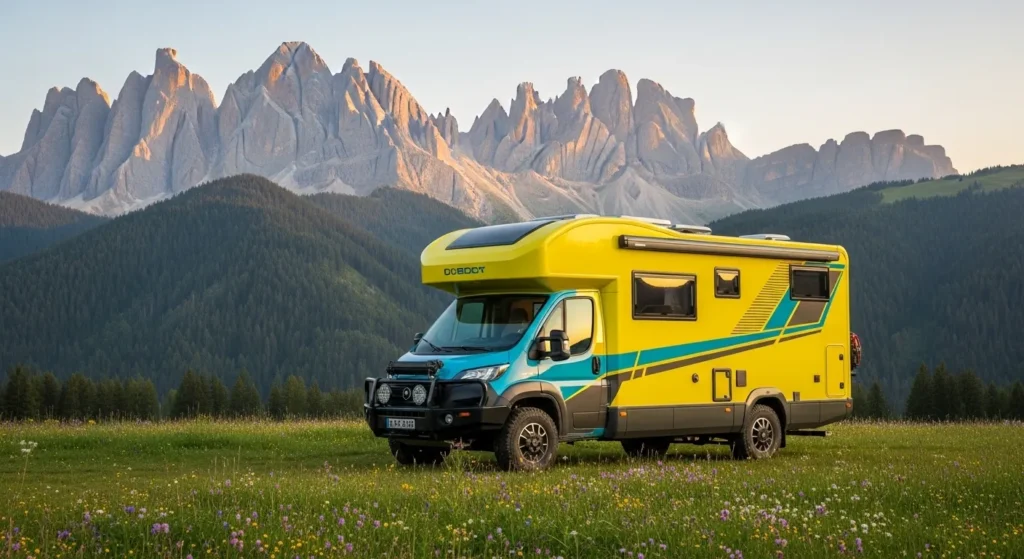
Want your favourite pillow? Toss it in. Wake up to your own mug of tea? No problem. You can hang up your muddy gear, cook a meal at midnight, or just relax and listen to the rain on the roof.
On my first trip to the West Highlands, I learned quickly that weather is always part of the adventure. Having a comfy retreat at the end of a sodden walk was a real game changer.
No Limits on Luggage and Gear
Trains, planes, and buses all mean bag limits and endless faff. You pay extra for overweight luggage and spend precious holiday minutes hunting for lost kit. With a campervan, you throw in what you need—bikes, wet weather gear, paddleboards, wellies for the kids, you name it.
One trip I forgot our boots—absolute rookie move. We managed, because our van had spares tucked under the seats. You quickly realise the joy of bringing everything (even extra chocolate and your own bedding), especially on longer trips or if you camp with little ones.
Got a hobby? Whether it’s fishing, hiking, surfing or paddleboarding, everything fits in, and you never have to worry about lugging bags across fields or cramming a guitar into train storage.
Closer Connection to Nature and Adventure
Waking up to birdsong on the edge of the Lake District beats a city hotel room every single time. You can pitch up right by beaches (like Rhossili), forests, or national parks—sometimes even with a sunrise thrown in for free.
You might get up for a dawn paddle before most folks have had their first cup of tea. And when the midges come out in Scotland, you shut the doors and watch the view from the warmth of your van.
Some of the best nights I’ve had were parked up on a clifftop, wind lashing the sides, feeling smug that the rain was outside and not dripping through a leaky tent.
Stronger Bonds With Fellow Travellers
Campervan trips are brilliant for families, couples, or friends. You end up working as a team—whether you’re reversing onto a pitch in the dark or arguing over who’s washing the mugs. Shared chores and close quarters mean you learn to trust, laugh, and make proper memories.
We once spent two days stuck in the rain in Cornwall, and ended up playing cards, listening to the radio, and telling stories. I’d argue we had more genuine fun than if we’d been glued to phones in a hotel lobby.
No TVs in every room, no hiding behind hotel doors—just quality time, honest conversations, and (if you’re lucky) very good cheese and wine.
Authentic Encounters and Local Experiences
When you travel in a campervan, you meet people you wouldn’t otherwise—fellow campers swapping tips over a brew, or friendly locals sharing the best place for fish and chips. Campsites have a spirit of helpfulness, and you get a front row seat for the way local communities live, far beyond the usual tourist fare.
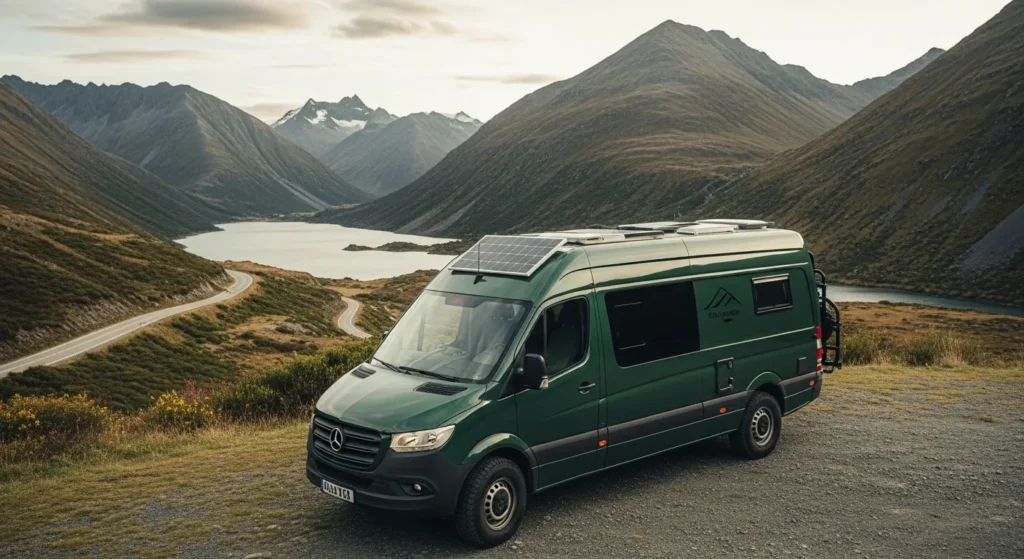
Last year, parked in a tiny Welsh village, a local invited us to their evening ceilidh. Try getting that sort of invite from a chain hotel lobby!
Spot quirky shops, friendly markets, and little-known footpaths. Campervanning gets you closer to real places, not just the polished ones.
Practical Tips for Planning a Campervan Trip
If you’re just starting, here’s what I wish someone had told me:
• Budget Wisely: Don’t forget to factor in fuel (can be £70-£150 for a decent round trip), site fees, and food. Plans change, so always bring a stash for emergencies or unexpected toll roads.
• Choose the Right Van: Don’t just go by photos. Think about bed layout, headroom, storage, loo (if you want it), and heating. In Britain, warmth matters—a blown-air heater can make those grim drizzly evenings much more bearable.
• Gear Up for the Weather: Even in July, bring waterproofs, warm fleeces, and a dry box for gadgets. Scotland and the Lakes mean midges—get nets and repellents. Invest in a torch, extra pegs, and levelling blocks if your spot's on a slope.
• Book Ahead In Summer: Popular sites fill up quickly from May to September, especially in the West Country and north of Scotland. Want more freedom? Balance a few pre-planned sites with wild camping where legal (always check Outdoor Access Scotland for rules).
• Stay Connected: Bring a backup phone charger, a power bank, and an old-school paper map. Dodgy rural Wi-Fi is normal, and satellite navigation doesn’t always work in the valleys.
• Test Before a Long Trip: Try a two-night weekend first before heading off on a three-week marathon. You’ll learn what you really need, what you never use, and what breaks after one use.
Final Thoughts: Why Campervan Trips Top the Lot
In years of camping, through gales in Pembrokeshire and sunburn on Skye, nothing has given me more freedom—on my own terms—than a campervan. It’s cheaper, no doubt. It’s easier, with no faffing about or soggy tents. And it’s just more fun. I can cook in the rain, brew up before sunrise, or just drive on if somewhere’s not for me.
You don’t need to be loaded or an expert. All you need is a bit of organisation, an open mind, and a spirit of adventure (plus a decent midge net). The best memories? They come from places you wandered into, not ones you booked six months ahead.
If you’re on the fence, do yourself a favour: give campervan travel a try. Worst case, you get a cracking story. Best case, you’ll never want to holiday any other way.

